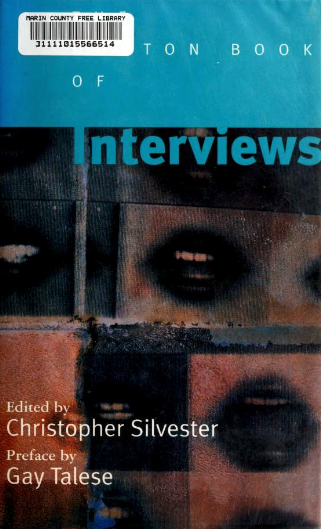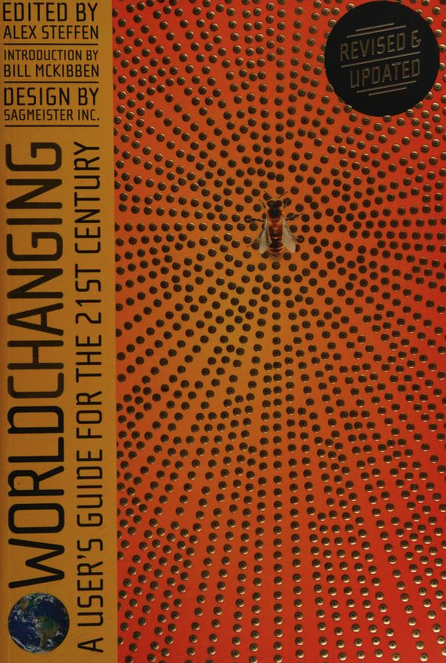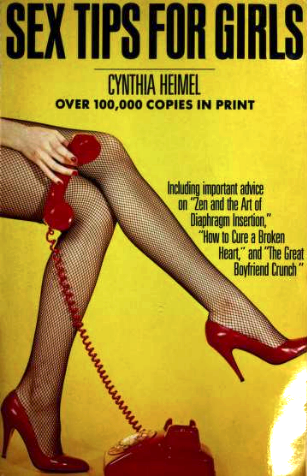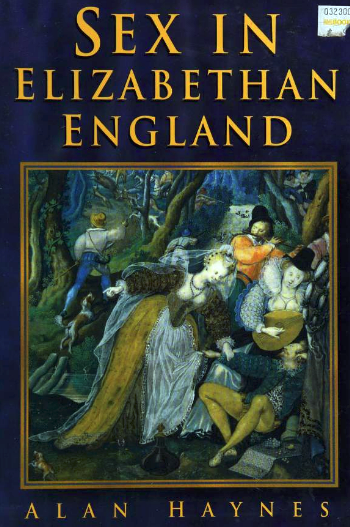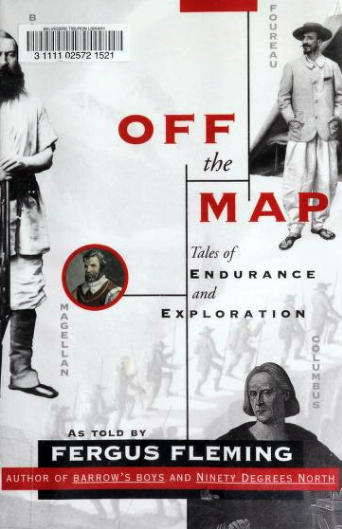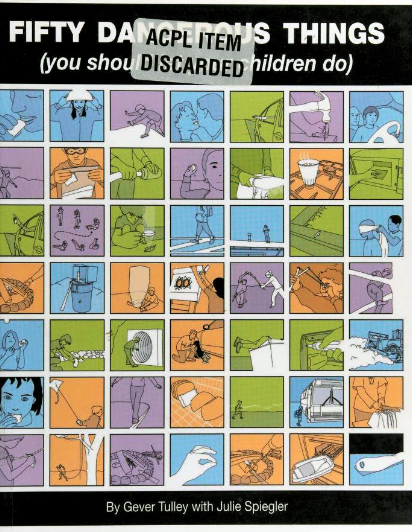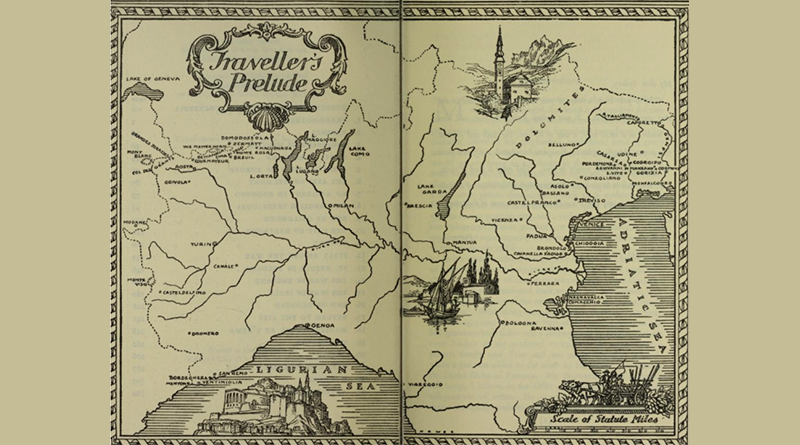☀ You can borrow and read The Norton Book of Interviews free below. ☀
This collection of interviews with “some of recent history’s most prominent people” starts with what is thought to be the first interview ever done, in 1859, with Brigham Young, and finishes 80+ interviews later in 1992 with a (thankfully) short talk with contemporary historian Paul Young — here’s a bit of that:
RICHARD STENGEL: In Modern Times, you talk about moral relativism and how it has existed in the twentieth century. What examples of moral relativism do you see now on the world scene?
PAUL JOHNSON: [Eight-second pause, during which time he scratches his chin.] Don’t know.
R.S.: Um . . . [Seven-second pause.] Certainly not on the same scale, perhaps, as the examples that you used before, but do you see any, uh . . .
JOHNSON: No.
R.S.: No? [Six-second pause.] Um . . . uh . . . One of the issues that you have written about is, uh, biological determinism. Do you think that — now that we’re finding out more about genetic inheritances — the idea of morality is becoming less, uh, important and more a function of biology?
JOHNSON: [Twenty-seven-second pause, during which time he rubs his face and eyes and then closes them.] Don’t know.
R.S.: Okay . . . [Laughs nervously.] Are these questions not up your alley?
JOHNSON: [Eyes closed] Don’t know.
Johnson soon just got up and walked away without a word.
130 years of fascinating interviews
In the preface, Gay Talese gives an idea of the scope of the book:
We find them [interviewers] in a Viennese flower garden with Sigmund Freud; in the woodlands of Prussia with Prince Otto von Bismarck; in a small Norwegian hotel with a tight-lipped Henrick Ibsen; in a house parlor in Germany having tea with Adolf Hitler. We see them with an up-and-coming Swedish actress named Greta Garbo not long before she realized that her reputation was better served by saying less; and we find them with a down-and-out forty-year-old novelist, F. Scott Fitzgerald, while he reclines in bed having another drink. Interviewed in this book are two ex-journalists who made headlines in other endeavors: Benito Mussolini as a Fascist dictator and Karl Marx as a philosopher of mass exploitation. We are also privy to the last published interviews of the prematurely dead labor leader Jimmy Hoffa (presumably murdered by the Mafia) and the Hollywood movie star Marilyn Monroe.
There are also interviews with Thomas Edison, Woodrow Wilson, Mark Twain, Oscar Wilde, Mao Tse-Tung, William Burroughs, and Mae West, among others. Mahatma Gandhi describes how he used to be a royalist and was converted to the cause of Indian independence by an English footballer. Dylan Thomas talks about how certain words lost their meaning or their goodness because “the wrong people crowed about them”. Samuel Beckett explains that he started writing books in French after writing a few in English because he “just felt like it”. Frank Lloyd Wright disses skyscrapers; Ernest Hemingway marvels at the amount he and the interviewer had drunk the night before: “Of course, we drank standing up. You can drink more that way.” Norman Mailer says that “Smoking marijuana, I became real to myself for the first time.”
Obviously, the Norton Anthology of Interviews is a great read.
borrow or buy this ebook anthology of interviews
You can borrow and read the ebook The Norton Book of Interviews free via the nonprofit Internet Archive or buy* it from Amazon.
*As an Amazon Associate, I earn from qualifying purchases.

